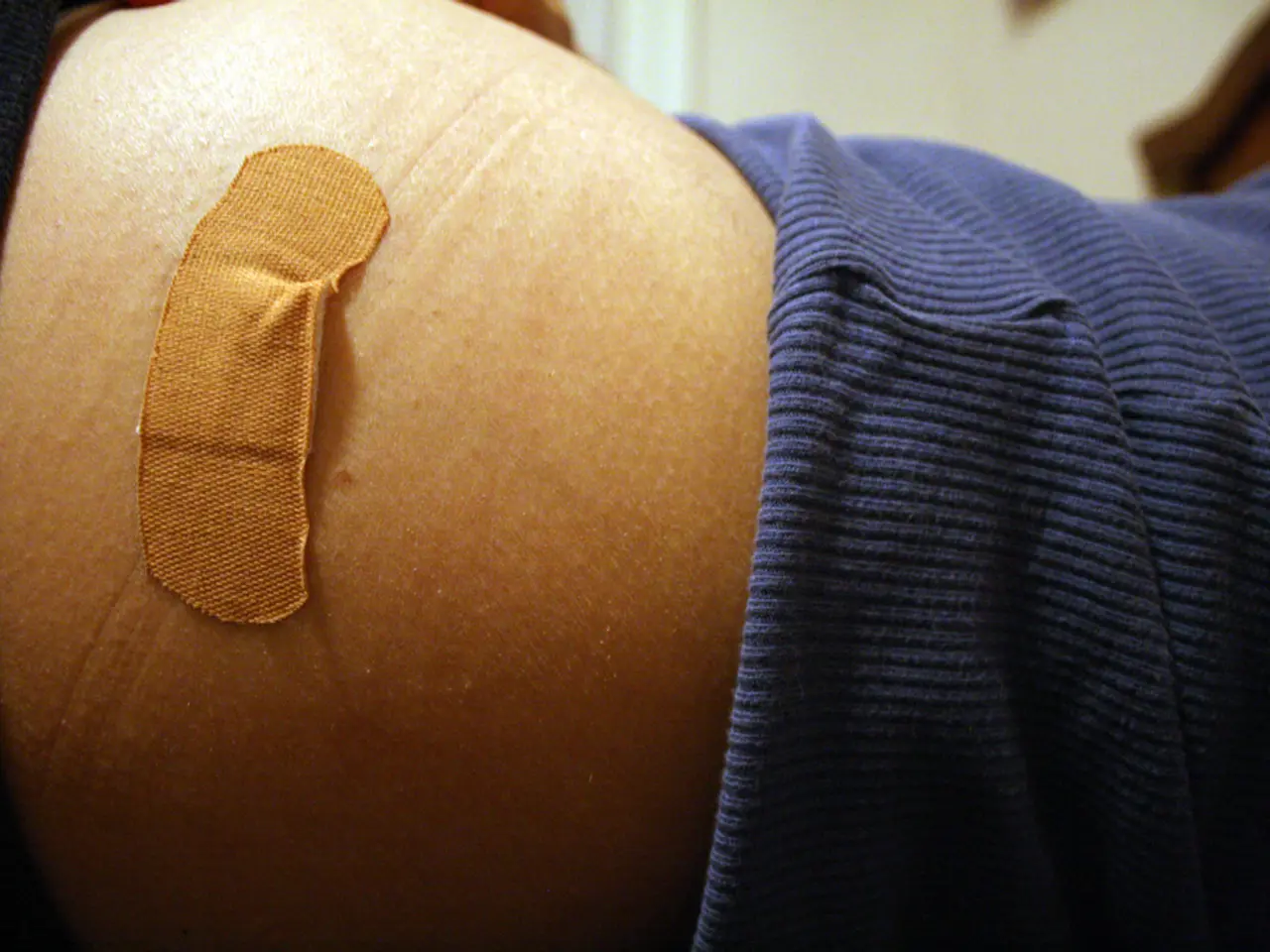Residing close to a golf course potentially doubles the risk of developing Parkinson's disease.
A new study led by Dr. Brittany Krzyzanowski of the Barrow Neurological Institute in Phoenix suggests that living near golf courses may increase the risk of Parkinson's disease. The study, published in the journal Environmental Health Perspectives, found that participants with private wells have a lower chance of Parkinson's compared with those living within water service areas with a golf course.
According to the research, both distance from a golf course and karst topography are independently associated with the risk of Parkinson's disease. People living near golf courses, particularly those living within about one mile, are reported to have over twice the likelihood (126% increase) of receiving a Parkinson’s diagnosis compared to those living six or more miles away. The odds of Parkinson's decrease by 9% for every one-mile increase in distance from a golf course, up to 18 miles.
The prevailing hypothesis is that the pesticides used on golf courses can enter drinking water sources and affect the brain's dopamine-producing neurons. Pesticides such as glyphosate (Roundup) and paraquat are heavily applied to golf courses to maintain the turf and have been associated with Parkinson's disease. These pesticides cause mitochondrial toxicity, damaging these neurons and thereby contributing to the development of Parkinson’s symptoms.
Additional exposure routes may include inhaling airborne chemicals or dermal contact with treated areas, but water contamination is the leading concern. Pollution particles are more likely to hitch a ride on neuron cells and travel directly to the cerebellum, making anything that can give them an added boost beneficial.
Dr. Krzyzanowski suggests that people living near golf courses should be aware of the risks and take steps to minimize exposure to pesticides. This includes asking about the spraying schedule, staying indoors, and using a carbon water filter. The American Parkinson Disease Association also recommends using a carbon water filter to reduce the risk of contamination from drinking water.
In addition, Dr. Krzyzanowski suggests considering supplementing CoQ10 and PQQ as they help protect the brain's neuron cells by boosting mitochondria and reducing oxidative stress.
The study lead plans to replicate the study using a nationwide dataset to further understand the risks associated with living near golf courses. In the meantime, it's essential for those living near golf courses to be mindful of the potential risks and take steps to protect their health.
References:
- Krzyzanowski B, et al. (2021). Residential proximity to golf courses and risk of Parkinson's disease. Environmental Health Perspectives.
- Krzyzanowski B, et al. (2020). Living near golf courses and the risk of Alzheimer's disease in vulnerable groundwater regions. Environmental Health Perspectives.
- Krzyzanowski B, et al. (2019). Pesticides and the risk of Parkinson's disease: A systematic review and meta-analysis. Environmental Health Perspectives.
- As the study suggests, living near golf courses might increase the risk of developing neurological disorders such as Parkinson's disease, owing to the potential contamination of drinking water with pesticides like glyphosate and paraquat.
- To mitigate the risks associated with living near golf courses, health-and-wellness initiatives might include using carbon water filters, staying informed about pesticide use, and considering supplementation with CoQ10 and PQQ to protect the brain's neuron cells. The American Parkinson Disease Association recommends these measures for reducing the risk of contamination from drinking water.




